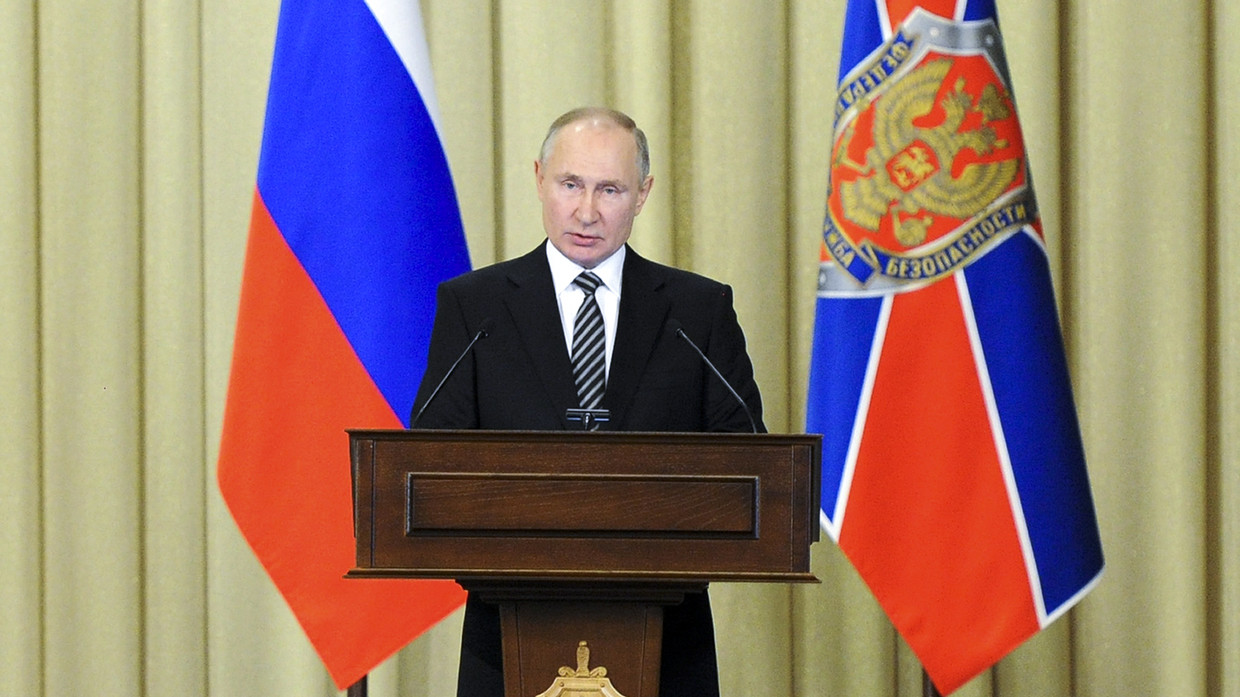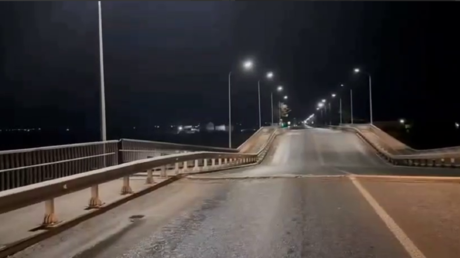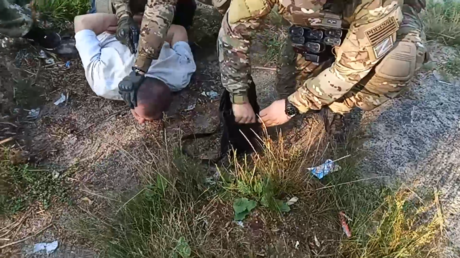President Vladimir Putin has praised the members of the security agencies for what he described as their courage and selfless service in protecting Russia’s constitutional order and territorial integrity from external and domestic threats. He also took the opportunity to list a wide range of challenges they must focus on.
In a video address published by the Kremlin on Tuesday, Putin expressed his best wishes to the Federal Security Service (FSB), Foreign Intelligence Service (SVR), Federal Protective Service (FSO), and the Main Directorate of Special Programs (GUSP) on their professional holiday of December 20.
“Today’s rapidly changing global situation and the emergence of new threats and challenges impose high demands on the entire system of Russia’s security agencies,” he said, urging the agencies to use their experience and potential “to the fullest,” especially in the newly-incorporated regions of Russia.
“The situation in the Donetsk and Lugansk People’s Republics, and the Kherson and Zaporozhye Regions is extremely complicated. But the people who live there, Russian citizens, are counting on you and your protection. And your duty is to do everything in your power to ensure their safety and respect for their rights and freedoms,” Putin said.
“Fighting terrorism remains one of the key priorities for all security services… Crowded places, strategic facilities, as well as transport and energy infrastructure must be under special control,” Putin added.
The counterintelligence agencies must show the utmost concentration to “put a firm stop to the activities of foreign special services, and to promptly identify traitors, spies and diversionists,” the president said.
The special services must also promptly react to calls for extremist violence and ethnic hatred that undermine “our society’s internal unity,” he added, while listing other important areas such as information security, as well as combating economic crimes and corruption.
This fall, the two Donbass republics of Donetsk and Lugansk, along with Kherson and Zaporozhye Regions, formally joined Russia after voting overwhelmingly in favor of the move in referendums. Kiev rejected the results of the referendums and pledged to use military force to oust Russia from all lands that Ukraine considers its own.
Last week, the Kremlin reiterated that Kiev should accept the “new reality,” as Moscow has warned on numerous occasions that no amount of Western weapons pumped into Ukraine will alter the outcome, but will only prolong the conflict.



